During the May 18 meeting, both Antony Blinken and Bilawal Bhutto Zardari focused on strengthening not just US-Pakistan security ties but also economic linkages. The US could nudge IMF towards imposing less stringent conditionalities on Pakistan in order to prevent political instability. The US remains an important destination for Pakistani exports and this is one of the reasons why the business community in Pakistan, along with the Pakistan army as well as the political class, was not particularly comfortable with former PM Imran Khan’s rhetoric against the West, in general, and the US, in particular. There is a growing realization in Pakistan that while ties with Beijing may be important, it can not afford to allow relations with the US to deteriorate any further.
The US Secretary of State Antony Blinken and Pakistan Foreign Minister Bilawal Bhutto Zardari had their first face-to-face meeting on the sidelines of the UN ministerial meeting on Global Food Security Call for Action in New York on May 18, 2022. Blinken had called the Pakistan Foreign Minister on May 6, 2022, and invited the latter for the Food Security meeting.
The meeting between Blinken and Bilawal Bhutto Zardari comes at an important time. First, Pakistan’s economy is in the doldrums. On Thursday, May 19, 2022, the Pakistani Rupee (PNR) continued its slide vis-à-vis the US Dollar – hitting an all-time low of Rs. 200. Pakistan’s foreign exchange reserves as of May 6, 2022, were a little over USD 10 billion. On May 18, 2022, Pakistan Democratic Movement (PDM) coalition, led by Shehbaz Sharif, imposed a ban on the import of luxury items and non-essential commodities — including cars, mobile phones cosmetics, and tyres – in order to control dollar flight.
Second, Pakistan resumed its talks with the IMF for a seventh review of the $6 billion rescue package, agreed upon in 2019 under the EFF (Extended Fund Facility) on May 18, 2022, at Doha. Pakistan Finance Minister Miftah Ismail and other senior officials from the Pakistani side held discussions with IMF officials (Ismail and his colleagues participated in the meeting virtually). The seventh review had been put on hold due to the constitutional crisis in Pakistan over the past few months. If the seventh review is cleared, Pakistan will get USD 900 million
The meeting between Blinken and Bilawal Bhutto Zardari comes at an important time. First, Pakistan’s economy is in the doldrums. Second, Pakistan resumed its talks with the IMF for a seventh review of the $6 billion rescue package on May 18, 2022.
While the Pakistan Finance Minister agreed that the country required tough decisions with regard to fuel subsidies, this needed to be done in a phased-out manner, so that Pakistan’s poor are not impacted. Before the talks commenced the Pakistan FM called for Pakistan and IMF to “find a middle ground”.
Pakistan PM Shehbaz Sharif has refused to do away with fuel subsidies, until the National Security Committee (Government of Pakistan) unanimously guarantees the government’s survival till August 2023. Other senior leaders of the Pakistan Muslim League (Nawaz) PML-N, the largest constituent of the PDM coalition have argued that Pakistan should not kowtow to the IMF. The inability of the PDM coalition to take tough economic decisions has drawn flak from a number of Pakistani and foreign commentators.
It would be pertinent to point out, that Pakistan’s talks with IMF are also important because both China and Saudi Arabia have categorically said that they will only provide further assistance to Pakistan when Islamabad revives the IMF program.
You May Read: Political Turmoil and Strained Ties with the West: A Double Whammy for Pakistan’s Economy
US-Pakistan Ties
The visit comes at a time when ties between Pakistan and the US have hit rock bottom with former PM Imran Khan repeatedly stating that the Biden Administration had plotted his downfall because of his independent stance on the Ukraine issue. Nonetheless, a US State Department spokesperson said that the US will work towards strengthening economic links with Pakistan and also welcomed the ‘IMF deliberations with Pakistan’.
During their meeting, both Blinken and Bilawal Bhutto Zardari focused on strengthening not just US-Pakistan security ties but also economic linkages. The US could nudge IMF towards imposing less stringent conditionalities on Pakistan in order to prevent political instability. Here it would be pertinent to point out, that former US Secretary of State Mike Pompeo had categorically stated that the US would not allow IMF assistance to be used for repaying Chinese loans. Pompeo had remarked:
‘There’s no rationale for IMF tax dollars, and associated with that American dollars [sic] that are part of the IMF funding, for those to go to bail out Chinese bondholders or China itself’
The US could nudge IMF towards imposing less stringent conditionalities on Pakistan in order to prevent political instability.
While former Pakistan PM Imran Khan has been accusing the US of being responsible for his ouster and even mocked Bilawal Bhutto Zardari for his US visit, Khan’s government had also sought to improve economic links with Washington. Many analysts had believed that Joe Biden as US President would follow a different policy vis-à-vis Pakistan and he may also reverse some of the policy decisions which his predecessor Donald Trump took with regard to the suspension of military aid, but that has not happened so far. In fact, even before the ouster of Imran Khan, ties between the US and Pakistan during the Biden Presidency were lukewarm at best. In spite of the strains in the relationship, the US remains an important destination for Pakistani exports and this is one of the reasons why the business community in Pakistan, along with the Pakistan army as well as the political class, was not particularly comfortable with former PM Imran Khan’s rhetoric against the West, in general, and the US, in particular.
Also Read: Fallouts of Financial Sanctions Against Russia
In conclusion, it is unlikely that the US will directly provide Pakistan the financial assistance to deal with its economic challenges, but it could play a role in nudging the IMF to make the conditionalities of loans less stringent. There is also a growing realization in Pakistan that while ties with Beijing may be important, it can not afford to allow relations with the US to deteriorate any further.
Disclaimer: The views expressed in this article are of the author solely. TheRise.co.in neither endorses nor is responsible for them.
About the author
Tridivesh Singh Maini is a New Delhi-based Policy Analyst. He is faculty member of OP Jindal Global University, Sonepat, Haryana.

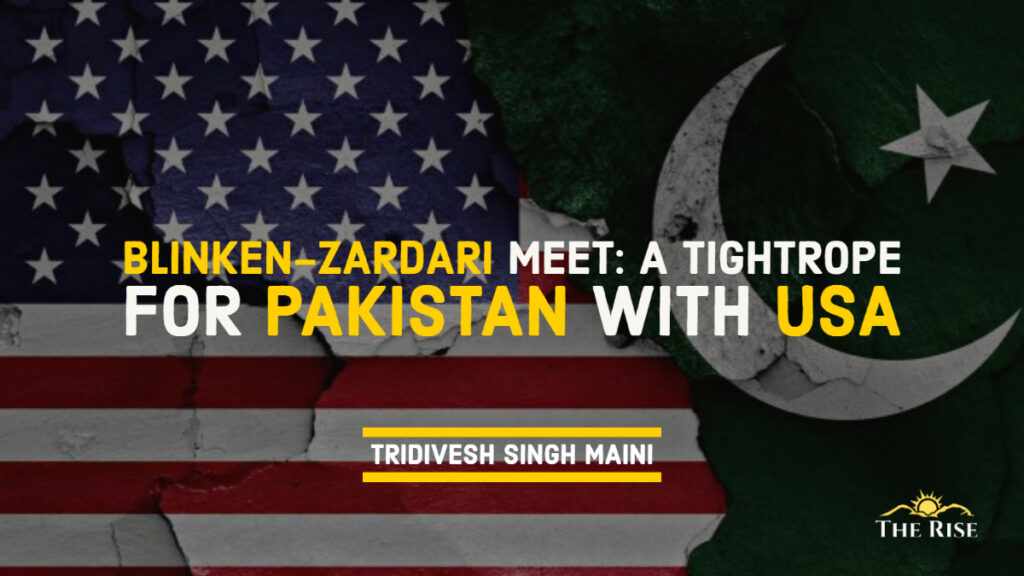

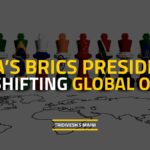
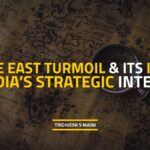
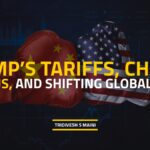





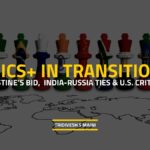

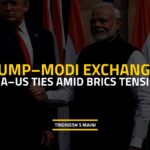
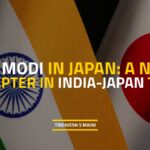

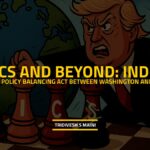


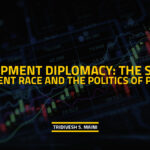


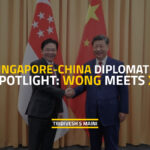


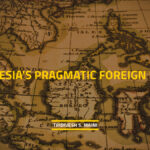

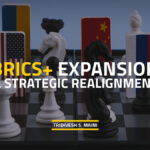





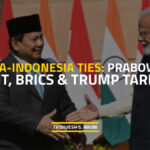



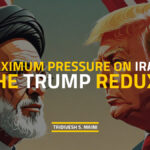

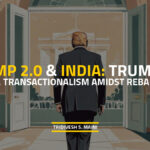
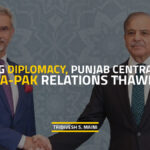





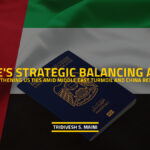
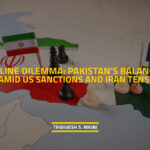
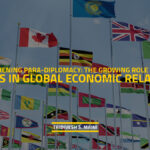

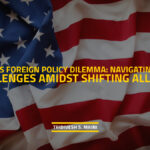
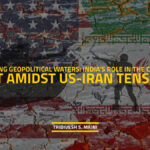
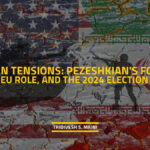



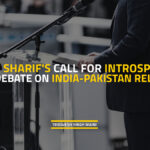



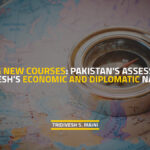

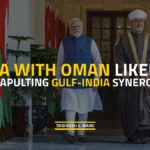
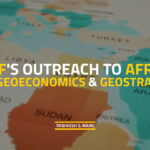



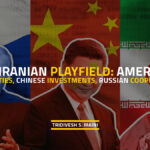
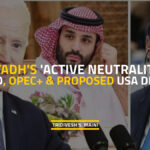
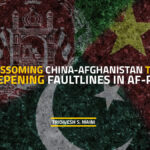
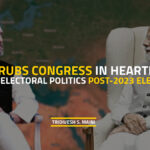
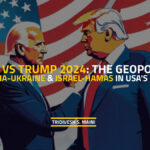




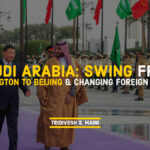

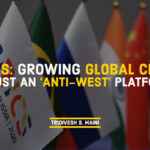

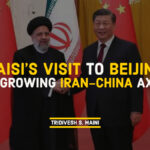
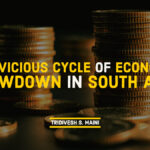





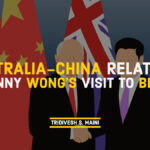
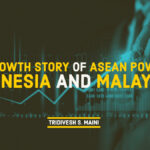


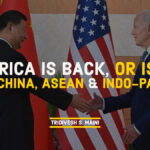
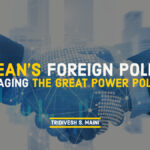
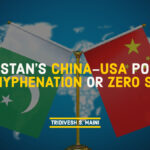
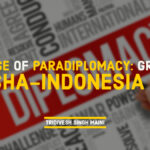

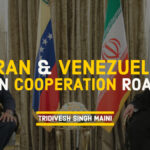
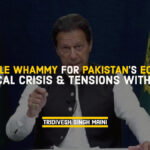
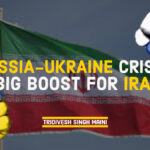
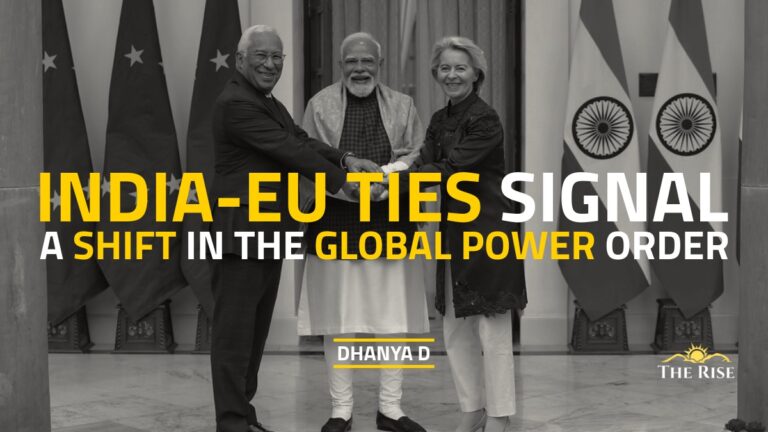
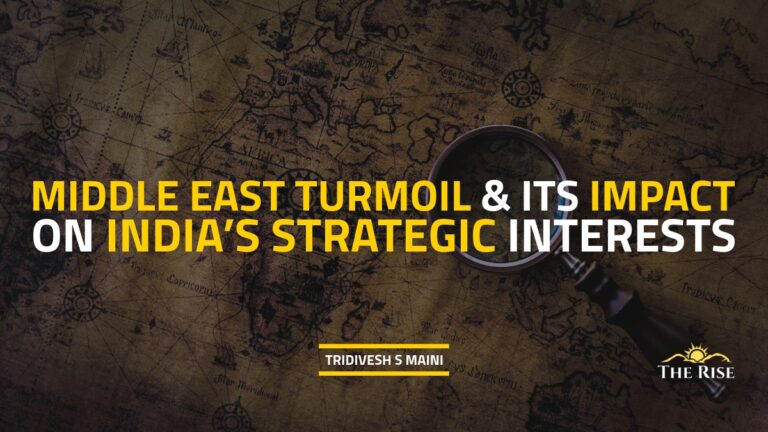
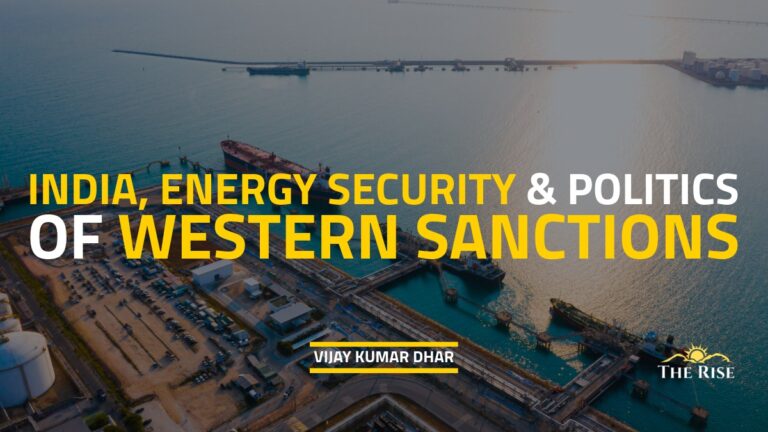

Pingback: Pakistan's China-USA Policy: De-hyphenation or Zero Sum?